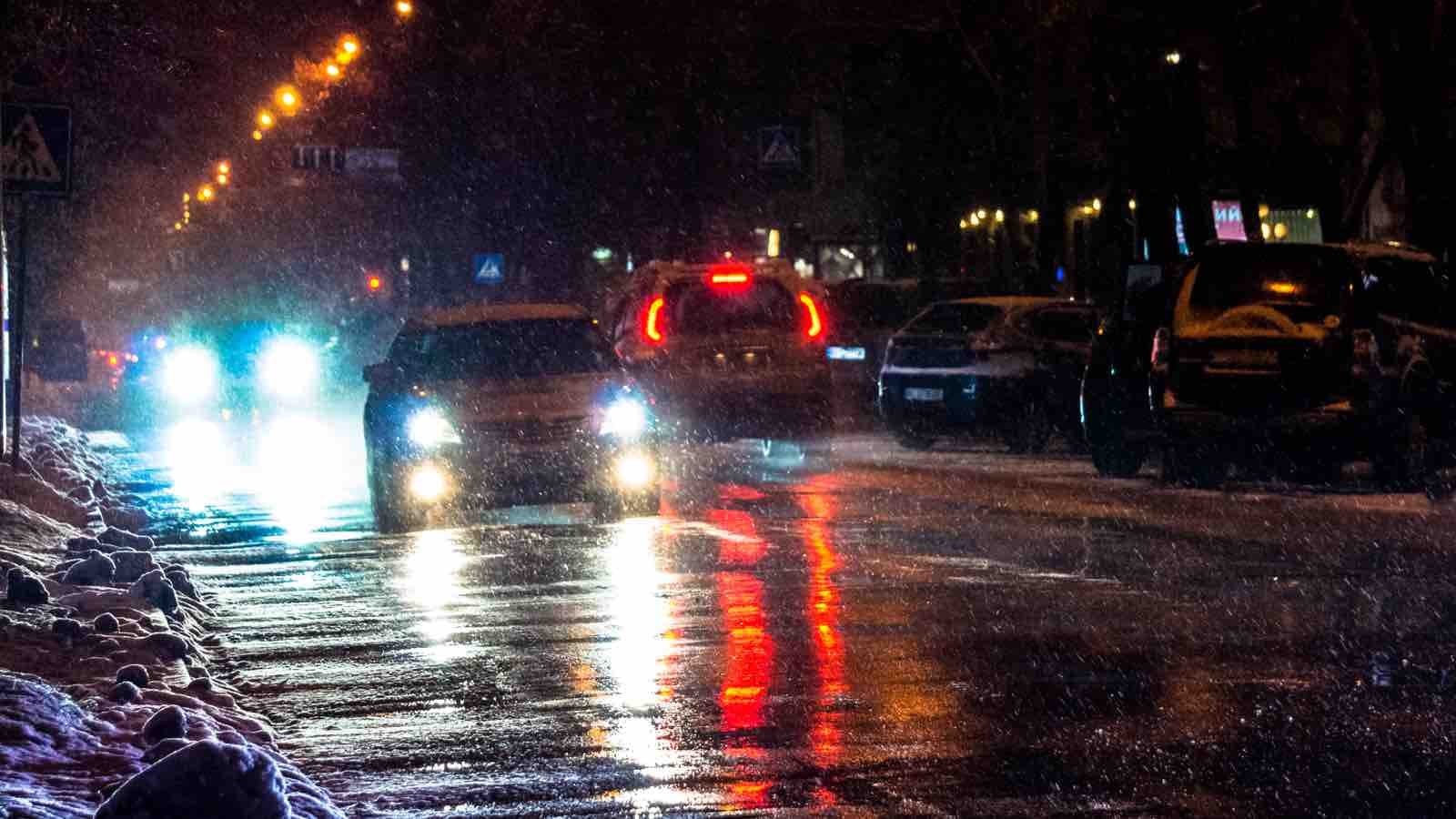Driving on today’s congested roadways can be risky at any time of the day or night. But several factors make nighttime the most dangerous driving time of all.
Factors That Contribute to the Dangers of Night Driving
- Driver fatigue: According to the National Safety Council (NSC), driving after 20 hours without sleep is equivalent to driving with a blood alcohol concentration (BAC) at the U.S. legal limit of 0.08%.
- Compromised night vision: The ability to see well in low-light conditions decreases as we age. NSC reports that a 50-year-old person may need twice as much light to see well as a 30-year-old, and night driving becomes even more challenging at age 60 and older.
- Evening rush hour traffic: Days get shorter in the fall and winter. Evening rush hour (between 4 p.m. and 7 p.m.) is a risky time to drive, with congested roadways and drivers who are impatient to get home after a long day at work.
- Impaired drivers: The National Highway Traffic Safety Administration (NHTSA) reports that one person dies in a drunk-driving crash every 50 minutes in the U.S. According to NSC, people drive alcohol-impaired more frequently at night. The prevalence of marijuana-impaired drivers on the roads on weekend nights has also increased by 48% since 2007.
What Should You Do To Help Avoid Car Accidents At Night?
It is best to do your driving in the safer daylight hours, if possible. If you must drive at night, the following tips can help you stay safe on the road:
To Avoid Drowsy Driving
- Get seven or more hours of sleep a night.
- Stop to rest every two hours.
- If you have been awake for more than 16 hours, don’t drive.
- If you feel drowsy, pull over and take a nap.
To Combat Compromised Night Vision
- Get annual vision exams.
- Reduce your speed while driving at night.
- Minimize distractions, such as talking with passengers.
- Clean your windshield.
- Make sure your headlights are clean and aim them correctly.
- Dim your dashboard.
- Look away from oncoming lights.
- If you wear glasses, make sure they are anti-reflective.
To Deal With Rush Hour Traffic
- Slow down and don’t get impatient.
- Stay in your lane and beware of drivers darting in and out of traffic.
- Stay alert; avoid going on autopilot on familiar routes.
- If you are taking an unfamiliar route, consult a map and memorize the route before you start.
- Don’t allow yourself to become distracted by your phone, eating, drinking, or anything else.
To Avoid A Crash With An Impaired Driver
- Stay alert and stay alive.
- Try to stay off the roads during peak impaired driving hours – from midnight to 3 a.m. on weekends.
Make Sure Your Auto Insurance Coverage Is Adequate
You never know what risks you will encounter when you set out on the roadways today. Although drivers are required by law to carry a minimum of liability car insurance, some fail to do so. In many cases, when a negligent driver causes a crash, the policy limits required by law are not enough to cover the damage. Our experienced agent can review your auto insurance coverage with you to help ensure you have the coverage you need at the best available rates.
Article originally posted on www.insuranceneighbor.com(opens in new tab)

